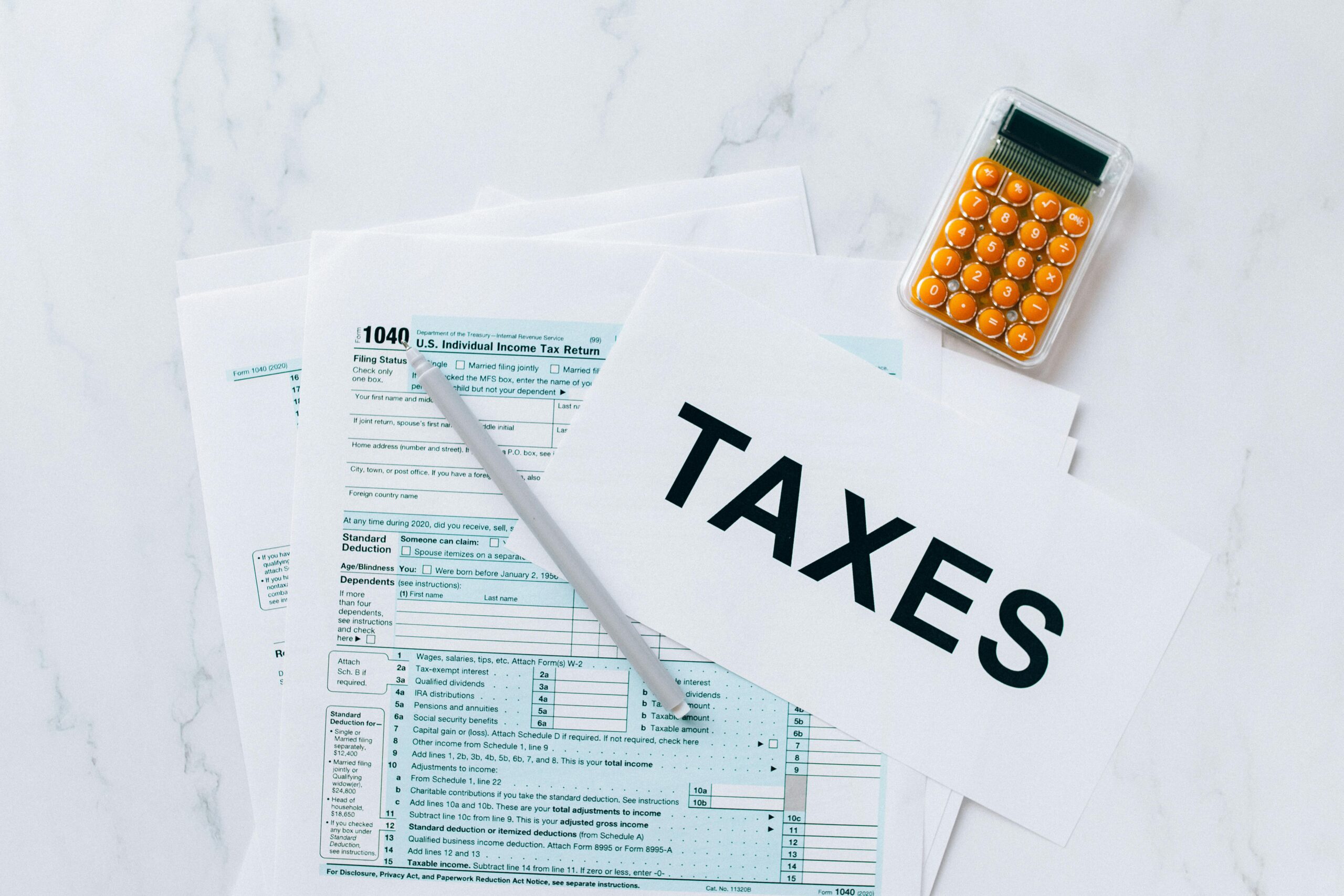Generally, in France, anyone who earns income is required to file an income tax declaration, provided their income exceeds a certain threshold. This includes both French residents and non-residents who earn income in France. The threshold for filing an income tax declaration can vary depending on a number of factors, such as the type and amount of income earned, the taxpayer’s marital status, and their tax residency status. In general, if you are a French resident and your income exceeds a certain threshold, you will be required to file an annual income tax declaration with the French tax authorities. However, if you are a non-resident who earns income in France, you may also be required to file a tax declaration and pay taxes on your French-sourced income, depending on the relevant tax treaty provisions and the amount and nature of your income.

What are your obligations
In France, income tax declarations are required from individuals and households to report their income and calculate the amount of income tax they owe to the government. The deadline for filing income tax declarations is usually in May or June of each year, and the declarations cover the previous calendar year, meaning they tax year runs from January to December. For 2024
Individuals should file their income tax declarations online through the government’s dedicated website or in some circumstances, by submitting a paper declaration to their local tax office. To complete the declaration, individuals will need to provide details about their income, including wages, salaries, pensions and any other sources of income.
Once the income tax declaration is submitted, the government will calculate the amount of income tax owed based on the individual’s income and tax bracket. Individuals can pay their income tax in a lump sum or in installments, and there are several payment methods available, including online payments and direct debit. A notice is normally issued at the end of each summer with details of any tax owed.
It’s important to note that failure to file, or the late filing of an income tax declaration or pay the amount owed can result in penalties and interest charges. To avoid these penalties, individuals should make sure to file their income tax declarations on time and accurately report all income sources.

Tax break debate
Reducing income tax in France is a topic of much discussion. Some argue that it would stimulate the economy by putting more money into the pockets of consumers, while others believe that it would lead to a reduction in government revenue and potentially hurt public services. The French government has made some efforts in recent years to reduce income tax, such as increasing the income tax threshold and creating tax breaks for certain activities, but there is still much debate about the best approach to take. Ultimately, any decision on reducing income tax will need to balance economic benefits with the need to maintain public services and support those who rely on government assistance.
Top income deductions
There are several tax breaks available in France for individuals and companies. Some of the most common tax breaks include:
- Tax breaks for donations to charity: Individuals and companies can receive tax breaks for donations made to eligible non-profit organizations.
- Tax breaks for home assistance: Individuals can receive tax breaks for hiring home assistance services from eligible companies or individuals.
- Tax breaks for energy-efficient home improvements: Individuals can receive tax breaks for making energy-efficient improvements to their homes, such as installing solar panels or upgrading insulation.
- Tax breaks for startup companies: Companies that meet certain criteria can receive tax breaks to help them get started, such as reduced social security contributions or exemption from corporate tax.
- Tax breaks for research and development: Companies that invest in research and development can receive tax breaks to help offset the costs.
- Tax breaks for investments in small and medium-sized enterprises (SMEs): Individuals who invest in SMEs can receive tax breaks to help encourage investment in these companies.
Charities
In France, tax breaks for charity donations are available to encourage individuals and companies to support charitable causes. These tax breaks are granted to those who make donations to eligible non-profit organizations, such as charities and foundations. The amount of the tax break depends on the type of donation made and the individual’s or company’s tax bracket. For example, individuals can get a tax break of up to 66% of their donation amount, while companies can get a deduction of up to 60% of their donation amount.
It’s important to note that to qualify for the tax break, the charity or foundation must be recognized by the French government as a public benefit organization. Additionally, there are limits on the amount that can be deducted for tax purposes, depending on the type of donation and the individual or company’s income. Overall, tax breaks for charity in France provide a way for individuals and companies to support causes they care about while also receiving a financial benefit.
It’s important to note that each tax break has its own eligibility criteria and limits, and individuals and companies should consult with a tax professional to determine which tax breaks they may be eligible for and how to take advantage of them.
Home assistance services
In France, tax breaks are available for individuals who hire home assistance services. These tax breaks are intended to encourage people to use home assistance services, which can help seniors and disabled individuals live independently in their homes.
The tax breaks are granted to individuals who hire home assistance services from eligible companies or individuals. Tax breaks include a reduction in income tax and a credit on social security contributions. The amount of the tax break depends on the type of home assistance service hired, the cost of the service, and the individual’s income.

It’s important to note that not all home assistance services are eligible for the tax break. Only services provided by eligible companies or individuals are eligible for the tax break, and these companies or individuals must be registered with the French government. Additionally, the tax breaks are subject to certain limits, such as the maximum amount that can be deducted for income tax purposes. Overall, tax breaks for home assistance in France provide a financial incentive for individuals to use home assistance services that can improve their quality of life.






